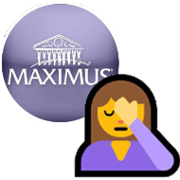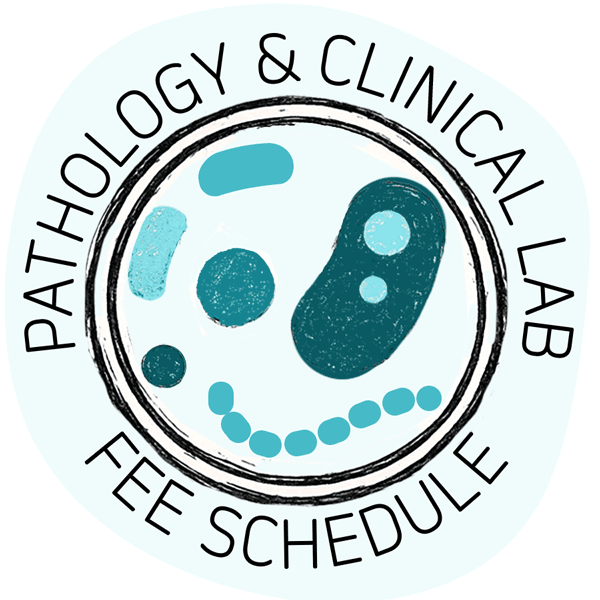Time and Billable Units for CPT Codes 99358 and 99359

Changes have been made to the California OMFS since the publication of this article. Be sure to see the latest analyses here and here.
2021 OMFS updates drastically changed how E/M codes are billed. The following information may not be applicable for DOS on and after March 1, 2021.
Since an update to California’s Official Medical Fee Schedule (OMFS) made non-face-to-face services reimbursable again in 2017, there’s been confusion aplenty about how to properly bill and pay for billing codes 99358 and 99359. Even now, providers and payors continue to struggle with the rules regarding these tricky time-based codes.
Recently, a DaisyBill client alerted us to one bill review service’s mistake regarding the relationship between the time the provider spends on non-face-to-face services and the number of units the provider may bill for code 99359. We’re happy to clear up the confusion.
Complicated Calculations
Providers use Current Procedural Terminology (CPT) codes 99358 and 99359 to bill for prolonged services (like record review) that take place before or after physically seeing the injured worker. Before the March 2017 update to the OMFS, this kind of work was done on the provider’s own time and was not reimbursable.
Since the update, providers may obtain reimbursement for prolonged non-face-to-face services if those services qualify.
But calculating reimbursement for 99358 and 99359 is, to put it mildly, a doozy. It’s unfortunate — but not surprising — that some claims administrators and their bill reviews make mistakes.
For example, bill review service Medata, acting on behalf of Redwood Fire and Insurance Company, incorrectly adjusted charges for 99359. As the EOR below shows, Medata reduced reimbursement for 99359 on the grounds that “the units billed are not supported by the time documented.”
Medata’s error lies in a misapprehension of how much time the provider must spend performing the service in order to bill for a unit of service. After 105 minutes of service, the provider may bill for one unit of 99358, and 2 units of 99359.
Medata incorrectly disagreed, and adjusted the bill accordingly.
Time and Units, 99358 + 99359
To understand Medata’s mistake, it’s important to get a handle on how time spent on prolonged non-face-to-face services relates to the number of billable units.
For the first hour of service, providers must bill a single unit of code 99358. However, that “hour” is billable after 30 minutes of service. In other words, once the provider spends the majority of an hour performing the service, they may bill for the entire hour.
After the first hour, providers must bill in half-hour units with code 99359. And as with 99358, the provider must spend only the majority of that unit of time performing the service — in other words, the provider may bill for 99359 after the first 15 minutes of each half-hour unit.
So, after the first hour of conducting a prolonged non-face-to-face service (for which the provider bills one unit of 99358), the provider bills for one unit of 99359 for every half hour. Crucially, however, the provider may not consider any half-hour unit billable until after the first 15 minutes elapse.
Confused? You’re not alone. Refer to this chart for a better understanding:
Time spent on prolonged non-face-to-face service (Hours:Minutes) |
Provider may bill... |
0:00 - 0:29 |
0 units |
0:30 - 1:00 |
1 unit, 99358 |
1:01 - 1:14 |
1 unit, 99358 |
1:15 - 1:30 |
1 unit, 99358 + 1 unit, 99359 |
1:31 - 1:44 |
1 unit, 99358 + 1 unit, 99359 |
1:45 - 2:00 |
1 unit, 99358 + 2 units, 99359 |
Put another way, after 30 minutes the provider may bill a single unit of 99358. After 75 minutes, the provider may add one unit of 99359. After 105 minutes, the provider may add another unit of 99359, as shown in the chart below:
The American Medical Association (AMA) lays out these billing rules in their CPT 2018 guidebook, available for purchase here. Independent Bill Review (IBR) further affirms the billing thresholds described above, as shown in the IBR decision below:
Workers’ comp billing never fails to test even the most experienced providers and claims administrators. Codes 99358 and 99359 are no exception. Know the rules, and proceed accordingly.
The best way to ensure proper reimbursement calculations? DaisyBill’s OMFS Calculator, included with our Work Comp Wizard. The Calculator instantly computes the correct reimbursement based on the latest OMFS updates. Try it free today.
TRY THE CALCULATOR!
DaisyBill provides content as an insightful service to its readers and clients. It does not offer legal advice and cannot guarantee the accuracy or suitability of its content for a particular purpose.



.png)